Comment Sproos a choisi où s'approvisionner en collagène
Choisir notre source de collagène a été la décision la plus importante depuis le premier jour. Cette décision a pris en compte la durabilité, la fiabilité et la qualité. Nous avons décidé de nous approvisionner en collagène bovin provenant de bovins nourris à l'herbe (et finis à l'herbe) des États-Unis. C'était la source de collagène de la plus haute qualité, la plus durable et la plus fiable. Il est important pour nous que notre collagène provienne de bovins nourris et finis à l'herbe. D'un point de vue environnemental, éthique et sanitaire, le nourrissage à l'herbe est supérieur. Nous soutenons l'élevage humain des animaux en pâturages plutôt que l'élevage industriel. Selon les recherches, la viande nourrie à l'herbe est également beaucoup plus nutritive que celle élevée aux céréales. De plus, les animaux nourris à l'herbe ne reçoivent pas de céréales génétiquement modifiées et fortement pulvérisées. De nombreuses marques de collagène renommées s'approvisionnent en collagène bovin au Brésil ou en Chine. Le Brésil possède une énorme industrie d'élevage bovin et est le plus grand exportateur mondial de produits bovins. Ils sont un fournisseur majeur de collagène bovin. Cependant, l'élevage bovin est le principal contributeur à la destruction de la forêt amazonienne. Les forêts sont défrichées pour créer plus de terres agricoles pour l'élevage de bovins. Ces dernières années, la destruction s'est accélérée avec la croissance de l'industrie.Pourquoi nous avons choisi de ne pas nous approvisionner en collagène au Brésil ou en Chine
S'approvisionner au Brésil ou en Chine nous permettrait d'offrir un produit moins cher. Cependant, nous savons que vous préférez payer un peu plus pour une qualité et un approvisionnement en lesquels vous pouvez avoir une confiance totale. Nous voulons que vous utilisiez nos produits en toute confiance, sachant que vous choisissez un collagène qui est le meilleur pour votre santé et pour le monde. Ne comprenez pas cela comme signifiant que nous croyons que l'élevage de bovins aux États-Unis est sans impact environnemental ; nous savons que ce n'est pas vrai. L'élevage de bovins, quel qu'il soit, impacte l'environnement. Cependant, le collagène bovin que nous avons choisi est l'option la plus durable disponible. Nous avons également pris en compte le goût, la solubilité et la biodisponibilité lors du choix d'un fournisseur de collagène. Notre collagène bovin est sans goût, très facile à dissoudre et a un faible poids moléculaire. Un faible poids moléculaire est important car il signifie qu'il est plus biodisponible pour le corps. Notre collagène a un poids moléculaire moyen de 3000 Daltons, ce qui est considéré comme excellent. De plus, notre collagène bovin est exempt d'antibiotiques, d'hormones et de pesticides.
Vous avez d'autres questions sur Sproos ou le collagène en général ? Suivez-nous sur Instagram ou Facebook ou envoyez-nous un e-mail à hello@sprooslife.com. Ou, consultez simplement d'autres articles sur notre blog à www.sprooslife.com.
Voici quelques-uns de nos favoris : Existe-t-il une source végétalienne de collagène ? Le collagène fonctionne-t-il vraiment ? Les 6 meilleures études qui le confirment Quel type de collagène est le meilleur pour vous ? Collagène marin vs collagène issu de bovins nourris à l'herbe
Sources :
Destruction de l'Amazonie : https://rainforests.mongabay.com/amazon/amazon_destruction.html
Bovins à viande : https://www.ucsusa.org/global-warming/stop-deforestation/drivers-of-deforestation-2016-beef-cattle
De la pâture amazonienne à la grande rue : déforestation et chaîne d'approvisionnement des produits bovins brésiliens : https://journals.sagepub.com/doi/full/10.1177/194008291300600309
L'élevage de bovins non durable : https://wwf.panda.org/knowledge_hub/where_we_work/amazon/amazon_threats/unsustainable_cattle_ranching/
Révélé : la déforestation de l'Amazonie alimentée par la cupidité mondiale pour la viande : https://www.theguardian.com/environment/2019/jul/02/revealed-amazon-deforestation-driven-global-greed-meat-brazil
L'élevage de bovins dans la forêt amazonienne : http://www.fao.org/3/xii/0568-b1.html
Les points communs et les différences entre l'agriculture en Chine et aux États-Unis : https://www.card.iastate.edu/ag_policy_review/article/?a=40


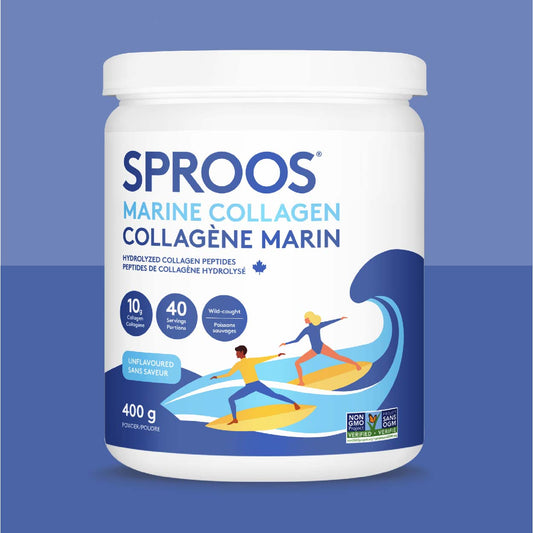
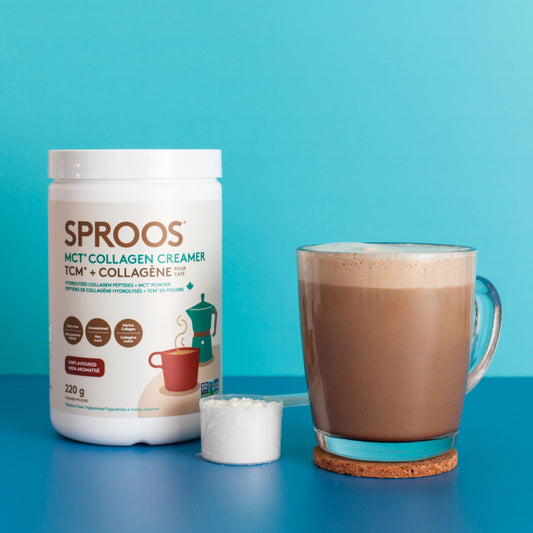
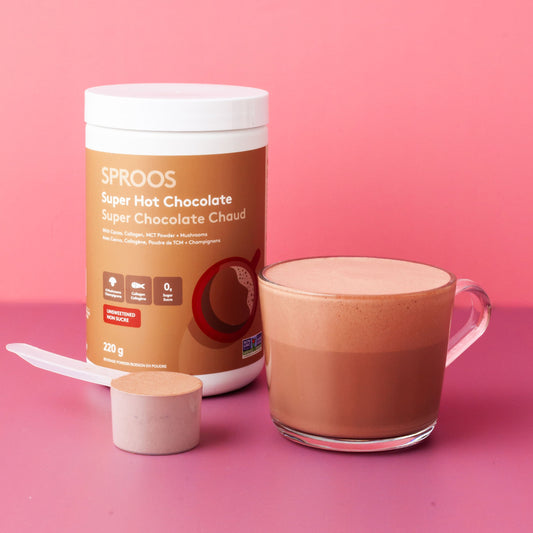




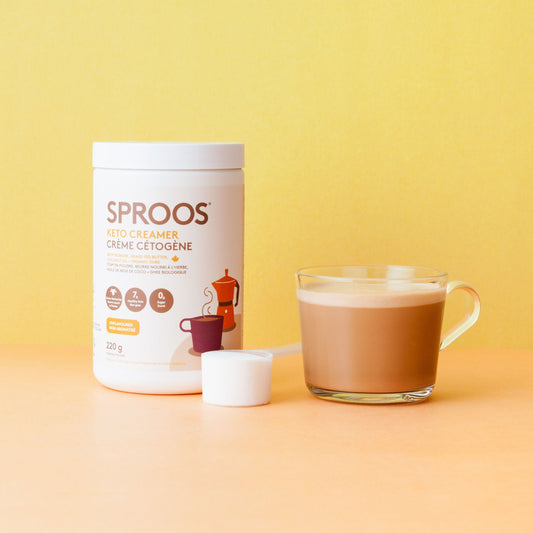
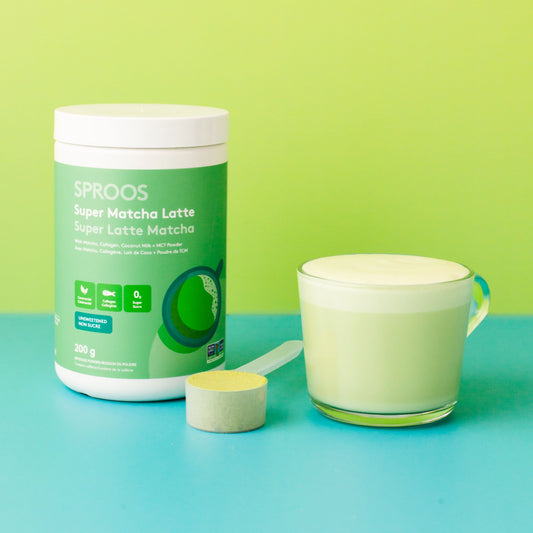


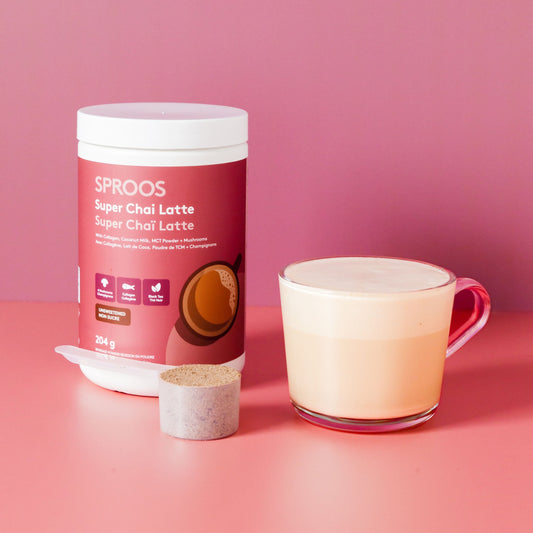
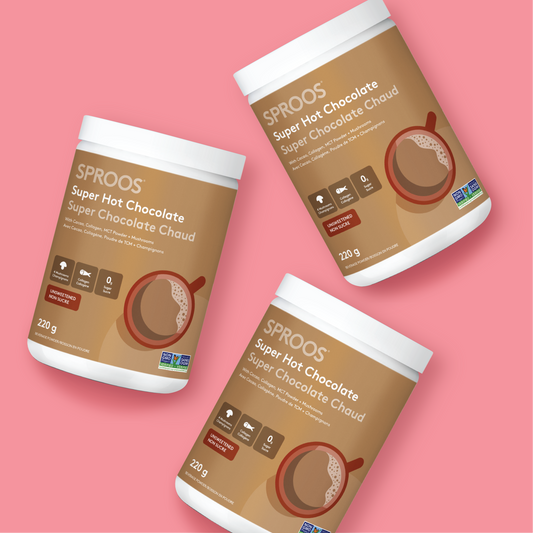
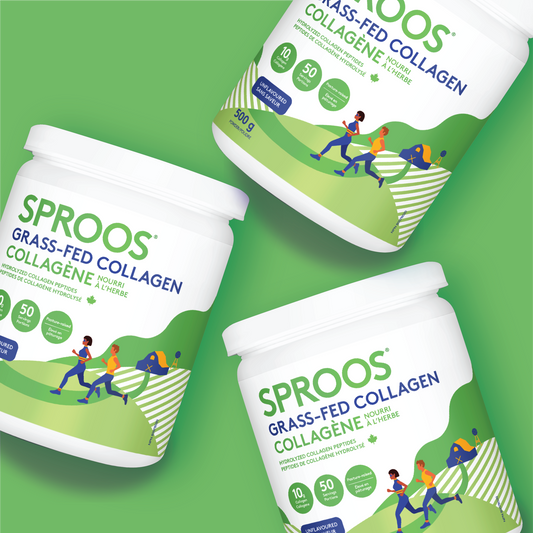
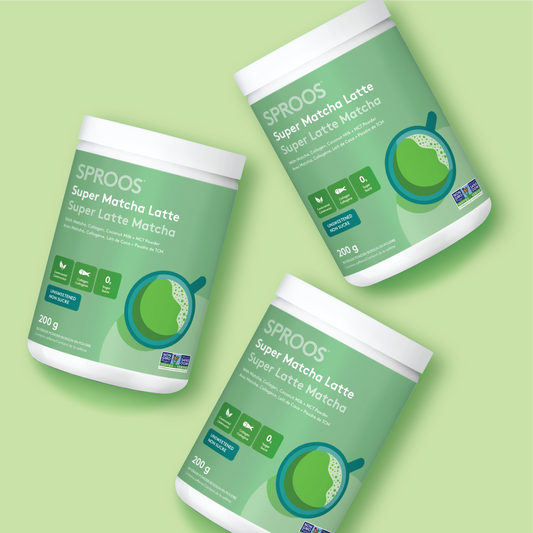
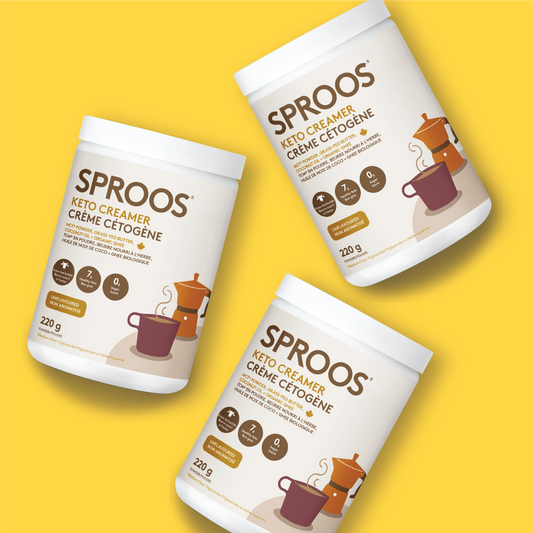
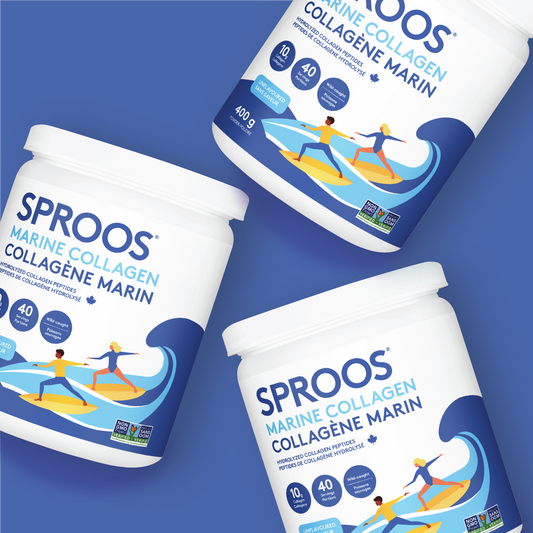
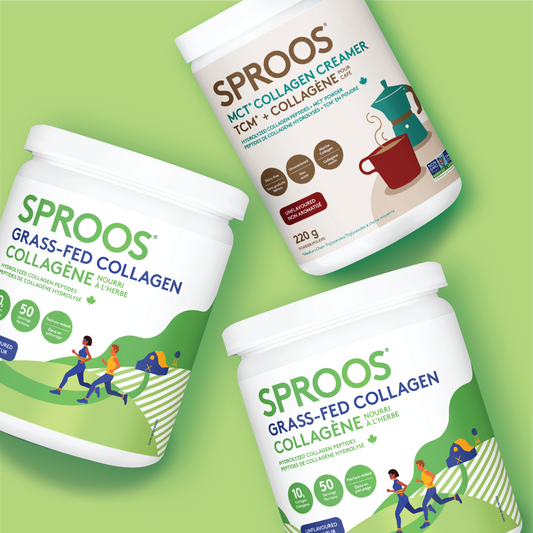
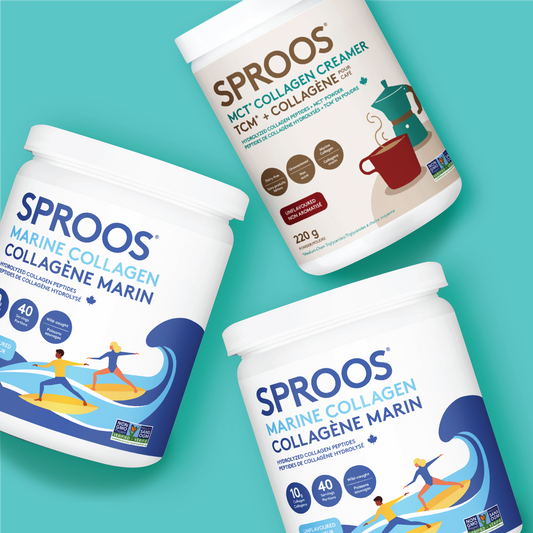
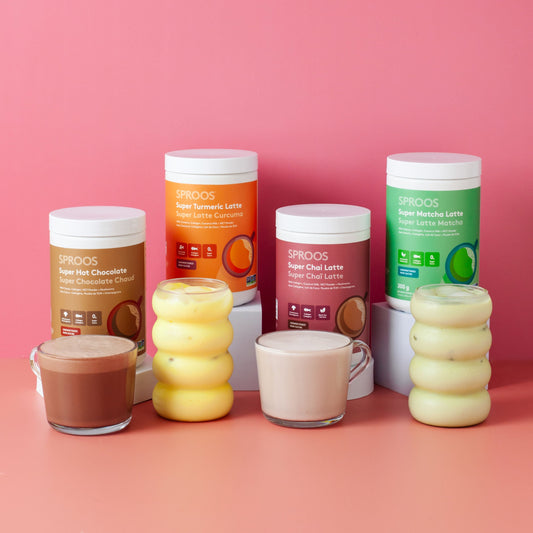
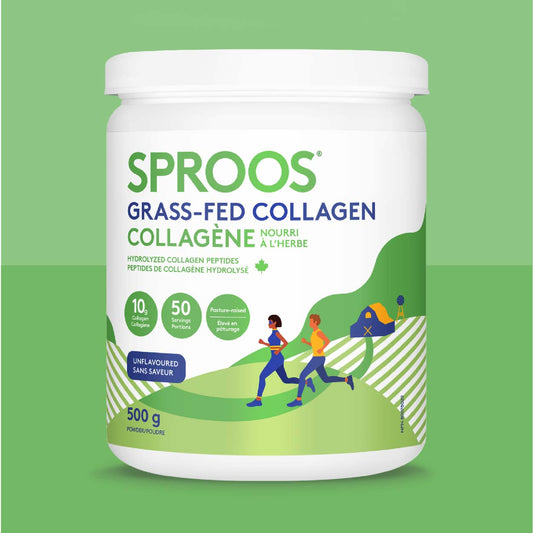
2 commentaires
Is powder better than liquid collagen
Want to get top quality products and education is important before I put in my body.